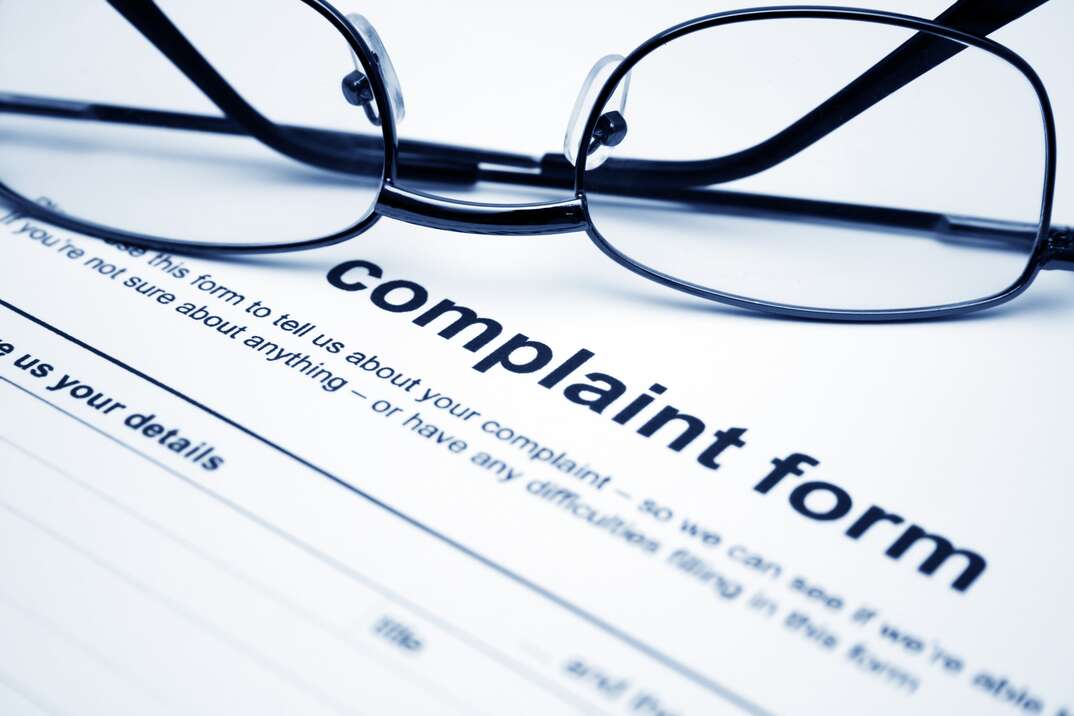How to File a Complaint Against a Police Officer

Police officers are expected to uphold the law and respect the rights of the people they serve. However, they may engage in misconduct or abuse that violates the law or the Constitution. Thankfully, Americans can file a complaint against a police officer they accuse of misconduct. It’s a crucial step in ensuring accountability and transparency within the law enforcement system.
While the knowledge will hopefully never be needed, citizens should know the process for reporting police misconduct incidents and civil rights violations.
What Types of Complaints Can You Make Against a Police Officer?
There are different types of complaints you can make against a police officer, some of which we’ll cover here. In most of these cases, you can file a complaint with the U.S. Department of Justice (DOJ). It can investigate and prosecute criminal cases against police officers who go beyond their authority. You can also file a civil lawsuit against the officer or the police department for damages.
Excessive Force
This term describes a situation when a police officer has used more force than is necessary or reasonable to control a situation. For example, it may involve hitting, kicking, choking, shooting or using a weapon or device that causes injury or pain. The potential result of excessive force could be physical harm, psychological trauma or death for the victim.
Sexual Misconduct
If a police officer engages in unwanted sexual behavior with someone they met while on duty, such as a victim, witness or suspect, they may be guilty of sexual misconduct. Examples of this include harassment, assault, rape, coercion, exploitation and solicitation.
Dishonesty
Dishonesty is when a police officer lies, falsifies evidence or reports, perjures themselves or obstructs justice to cover up their own or others' wrongdoing. It can undermine the integrity of the criminal justice system and lead to wrongful convictions, acquittals or dismissals.
Domestic Violence
This can be defined as a police officer abusing their spouse, partner, family member or someone they’re intimate with. It can include physical, emotional, sexual or financial abuse. You can file a complaint with your local police department or prosecutor's office, which can investigate and charge the officer with criminal offenses. You can also file a civil lawsuit against the officer for damages.
The following steps show you how to file a complaint against a police officer.
Step 1: Identify the Police Officer(s) Involved
You'll need their name, badge number, rank and agency. If you don't have this information, you can try to obtain it from the police department or from any witnesses to the incident.
Step 2: Gather All Evidence Supporting Your Complaint
This may include photos, videos, audio recordings, medical records, witness statements or any other relevant documents.
Step 3: Contact the Appropriate Authority to File Your Complaint
You can usually do this in person, by phone, by letter or online. Whatever method you use, you'll have to complete a complaint form.
Step 4: Follow up on Your Complaint
You should receive an acknowledgment and a case number for your complaint. Use this number to monitor the progress of your case. Also, ensure you cooperate fully with the investigation and respond to the investigating authority’s requests for information and interviews.
More Related Articles:
- When Do You Need a Lawyer? Determine If You Need to Hire an Attorney
- What Is a Class-Action Lawsuit?
- What Is a Misdemeanor?
- What to Do After a Car Accident
- What Is Power of Attorney?
What Are the Consequences of Filing a Complaint?
Most police departments have an Internal Affairs division. Its role includes investigating police complaints made by citizens. Its guidelines are set by the DOJ, so you should find it basically operates in the same way wherever you live in the country. However, even if another agency investigates your complaint, it will follow a similar process. In all cases, you'll be informed of the outcome of the investigation and how the agency plans to proceed.
If your complaint is deemed true, you may have to go to trial and explain it to a judge. If the outcome is in your favor, you might be awarded damages. Additionally, the officer might be convicted of a criminal offense and receive the appropriate penalty.
Should You Sue Instead?
While suing the officer may give you monetary compensation and potentially be the less time-consuming option, it may mean the officer returns to their duties. Also, with no formal complaint, there'll be no official record of what happened to you. Finally, you might lose the case and be liable for your costs.
Elocal Editorial Content is for educational and entertainment purposes only. The information provided on this site is not legal advice, and no attorney-client or confidential relationship is formed by use of the Editorial Content. We are not a law firm or a substitute for an attorney or law firm. We cannot provide advice, explanation, opinion, or recommendation about possible legal rights, remedies, defenses, options or strategies. The opinions, beliefs and viewpoints expressed by the eLocal Editorial Team and other third-party content providers do not necessarily reflect the opinions, beliefs and viewpoints of eLocal or its affiliate companies. Use of the Blog is subject to the
Website Terms and Conditions.The eLocal Editorial Team operates independently of eLocal USA's marketing and sales decisions.



